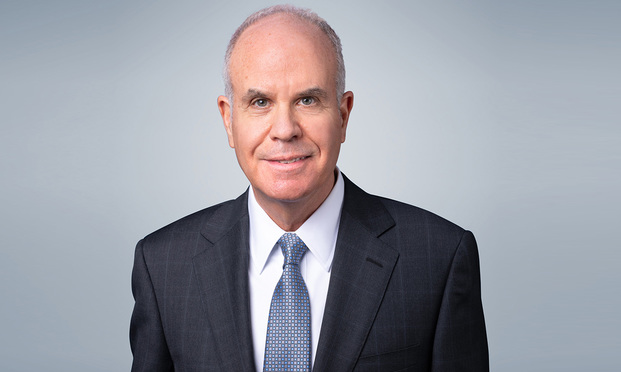This term the U.S. Supreme Court will decide six cases dealing with religious liberty—an extraordinary number given a docket totaling only 74 matters. Two of the cases were argued via teleconference on May 11, when the court addressed the scope of the “ministerial exception,” a legal doctrine shielding religious organizations from otherwise applicable employment law claims. The exception was recognized by a unanimous Supreme Court in its 2012 decision in Hosanna-Tabor Evangelical Lutheran Church and School v. Equal Employment Opportunity Commission. It declared that the First Amendment’s free exercise and establishment clauses work together to “bar the government from interfering with the decision of a religious group to fire one of its ministers.” Thus, a religious institution is afforded a complete defense to claims for discrimination and wage violations brought by an individual who is deemed a “minister” of the faith.
Both appeals involve Catholic school teachers whose employment was terminated, and who then sued their respective employers for discrimination. In Biel v. St. James School, a fifth-grade teacher was fired after she told her employer that she had breast cancer and would need time off for chemotherapy treatments. In Morrissey-Berru v. Our Lady of Guadalupe, the teacher’s employment contract was not renewed allegedly because of age discrimination. The issue before the court is whether these plaintiff-teachers qualify as “ministers” for the purposes of the exception. The outcome could impact an estimated 300,000 teachers employed by religious schools around the country.


 Mark Loeterman of Signature Resolution.
Mark Loeterman of Signature Resolution.




